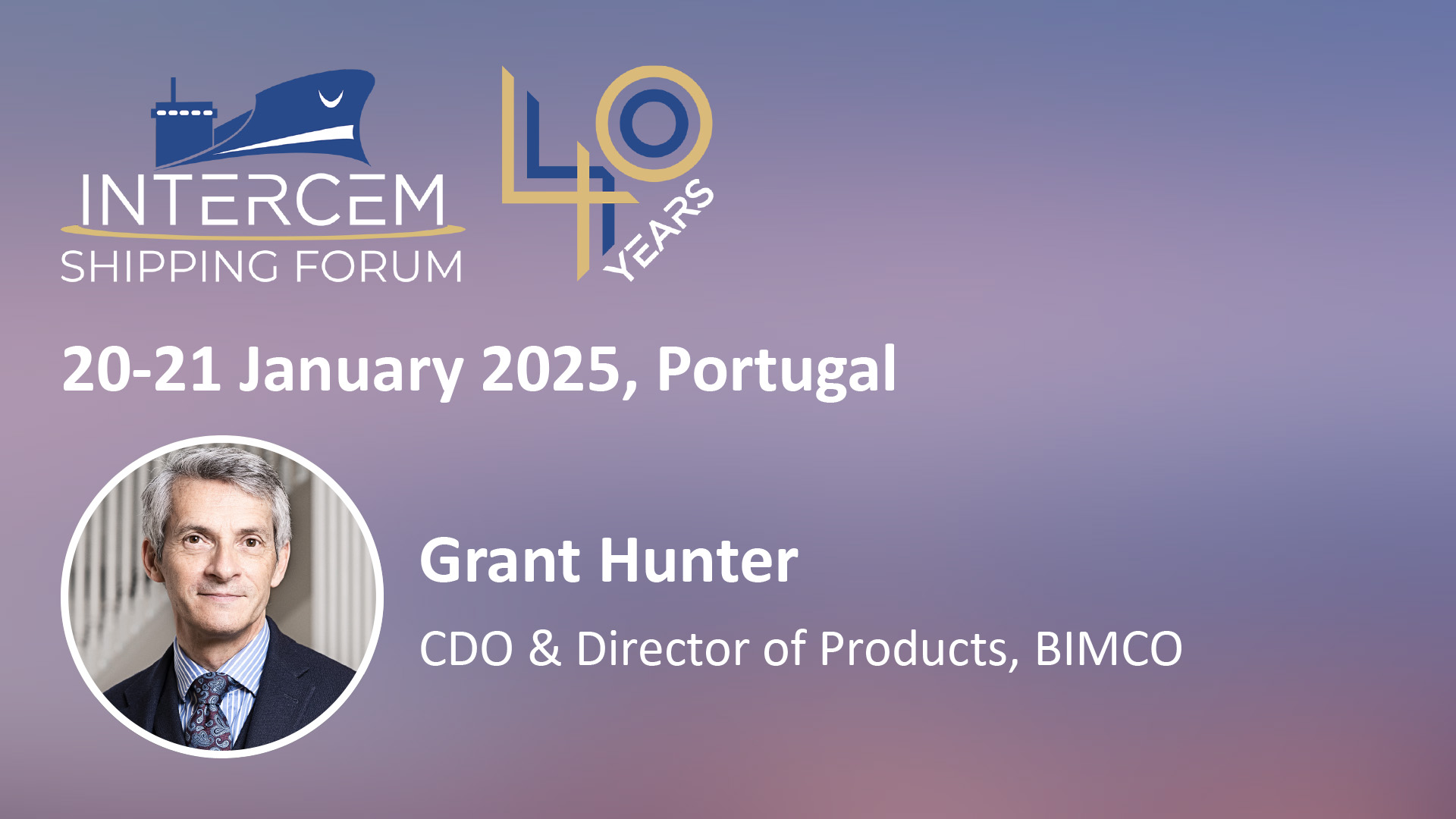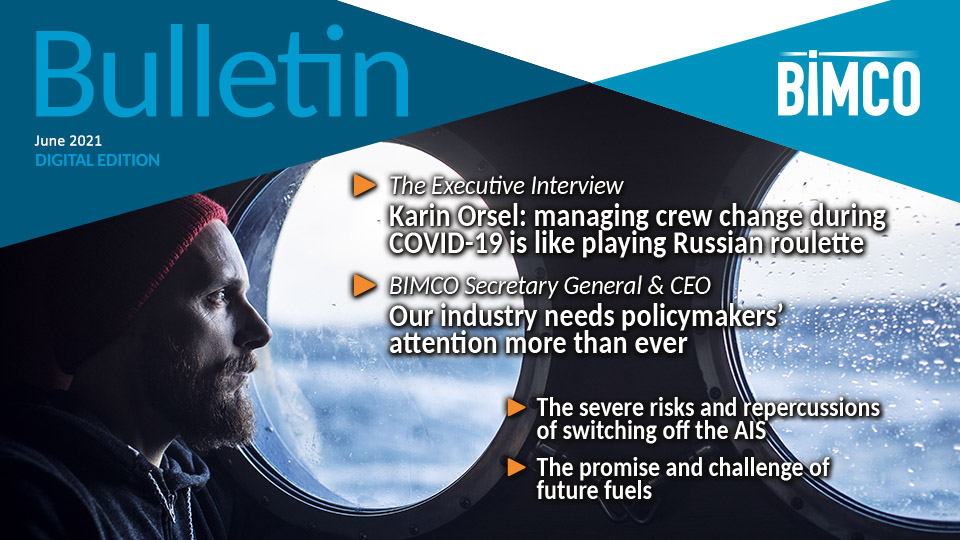BIMCO to push for international guidelines for ship/shore communication at IMO
Overview
Standardising and harmonising electronic ship/shore communication for reporting purposes is high on the agenda at the International Maritime Organization’s (IMO) virtual Facilitation Committee (FAL) meeting next week (FAL 44).
In 2016, the IMO set out new mandatory requirements on electronic data interchange, stating that national authorities have until April 2021 to establish systems for the electronic exchange of information to assist ship clearance processes.
Many port states have already established such systems (maritime single windows) for the exchange of so-called administrative data. However, also port operational data, like notifications and timestamps, as well as nautical data, are part of such exchange of data, which in combination will pave the way for more efficient port operations.
“The software platforms which link ship and shore communication may differ on national levels, and therefore, we should call for international guidelines for the electronic data interchange, using common standards. This is to ensure that all actors in the port process make use of an identical data structure and common interfaces when exchanging information,” says Jeppe Skovbakke Juhl, Manager, Maritime Safety and Security, adding,
“With more than 95,000 ships operating nationally and internationally between approximately 9,000 ports, globally agreed methods and standards to interact and interface are prerequisites for maritime digitalization to succeed.”
Proposal on the table from BIMCO
For FAL 44, BIMCO has co-authored a proposal (FAL 44/18/2) for developing international guidelines for the electronic interface between ship and shore, and for all actors in the port call operation.
The proposed guidelines will ensure interoperability between port stakeholders and ships and facilitate electronic interaction between ports worldwide. This will optimise the efficiency of both ports and ships, and in turn, benefit the global supply chain.
“Although a bit technical, such guidelines should provide the necessary information on authentication of the users, integrity and confidentiality, but also include technical requirements. This could be service interface descriptions, data structures used by the service(s), dynamic behaviour of the service(s) and sequence of operations. This also covers technical issues like choice of protocols and technology for data exchanges, taking due consideration of international standards developments,” Juhl explains.
“A positive side effect of the COVID-19 pandemic is that we have been forced to re-examine our daily routines in shipping, taking a gigantic leap forward by establishing digital solutions. The IMO framework is a huge step forward for harmonising the machine-to-machine data exchange communication,” Juhl says.
Timing is extremely important to avoid local or regional standards being implemented. Therefore, BIMCO also calls for the establishment of a robust roadmap and time plan for the completion of an electronic information exchange framework in general, allowing all stakeholders to aligning national projects with the IMO progress. The schedule should also include completion of IMO reference data model and guidance.
Feedback or a question about this information?
VPS Bunker Alerts
Veritas Petroleum Services (VPS) publish regular Bunker Alerts based entirely on fuel samples and have kindly permitted BIMCO’s Members to access this information.
The Bunker Alerts are not intended to be an evaluation of overall bunker quality in the port or area concerned, but usually highlight a specific parameter within the fuel which has raised a quality issue.
Latest ice reports for members
Latest piracy reports
Latest industry releasable threats
ELSEWHERE ON BIMCO
Contracts & Clauses
All of BIMCO's most widely used contracts and clauses as well as advice on managing charters and business partners.
Learn about your cargo
For general guidance and information on cargo-related queries.
BIMCO Publications
Want to buy or download a BIMCO publication? Use the link to get access to the ballast water management guide, the ship master’s security manual and many other publications.
About a new business partner
We can help members check new business partners. We also help to recover millions of USD (undisputed) funds every year.





